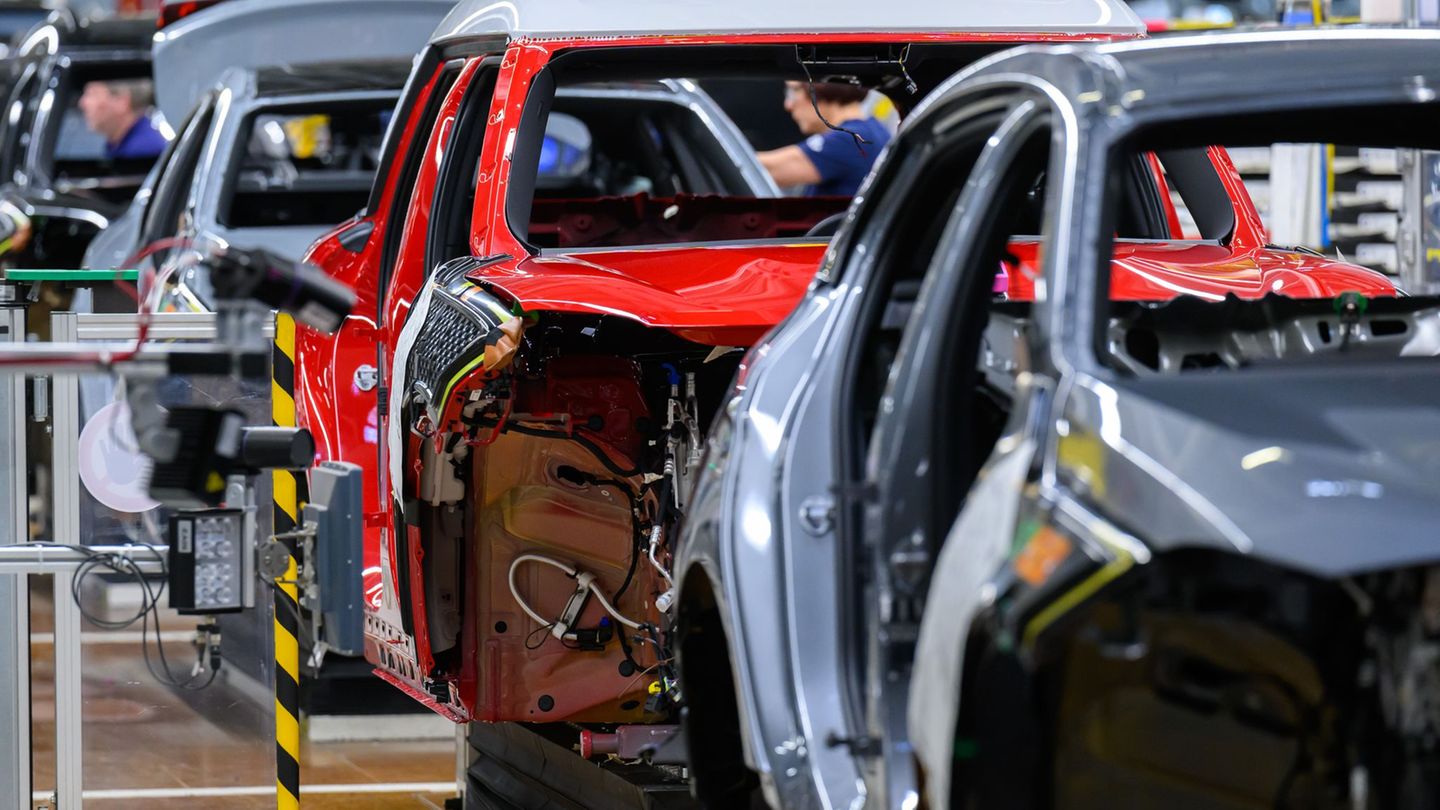Clinics and municipalities in Germany are often desperately looking for doctors. It is convenient that the number of applicants from abroad is increasing – but there is a problem.
From the perspective of the German Medical Association, foreign doctors should be recognized more quickly in Germany. “Due to the complex recognition process, there is undoubtedly a risk of long waiting times or hanging situations,” said the Vice President of the Medical Association, Ellen Lundershausen, to the dpa in Berlin.
According to the German Medical Association, the number of doctors without German citizenship reached a new high of almost 64,000 at the end of last year. Nevertheless, doctors – including from abroad – are still in high demand in many regions with a shortage of doctors.
Lundershausen called the cooperation between the various authorities that is necessary for a foreign doctor to start working in Germany “certainly room for improvement.” At the same time, however, this is not the core of the problem. Rather, the equivalence of the medical studies in the country of origin with the requirements in Germany must be checked individually using a large number of documents.
“The recognition process takes a long time if the documents are not complete or the human resources in the authorities do not allow a quick review.”
“Authorities’ staffing levels are lagging behind”
The federal states – responsible for the recognition of foreign doctors – can pass the examination for equivalence of training to a joint assessment body that was founded specifically for this purpose in Bonn. Its director, Carola Dörfler, admitted: “For us, the equivalence test can take six months, eight months or, in a few cases, up to a year.”
The recent increase in the number of applicants from Turkey and Ukraine in particular has led to a traffic jam. “The staffing of the authorities is lagging behind developments. That is why the duration of the procedure is often relatively long,” said Dörfler to the dpa. Often it’s not the fault of the authorities – “for example when documents are subsequently submitted.”
The head of the Mainz agency “inmed personal” for supporting foreign doctors with recognition, Elitsa Seidel, said: “The long procedures leading up to recognition are probably also due to the poorly staffed offices.” Some applicants also find themselves in a vicious circle: “The clinics need planning security and therefore only accept fully recognized applicants.”
On the other hand, the licensing authorities in many federal states required proof of employment. The argument of these authorities, according to Seidel: Only then are they responsible and will process an application for a license to practice medicine. “This particularly affects doctors who do not yet have a place of residence in Germany and apply for a license to practice medicine from their home country.”
“Urgently need more uniformity”
The German Medical Association, the state advisory board and the private agency called for the procedures to be simplified. “Today, applicants must first have their documents and training checked for equivalence in Germany,” explained expert assessment center boss Dörfler. In most cases, it is clear beforehand that this mere document check is not enough and that applicants would have to undergo a personal test of their knowledge.
“We would like you to be able to vote beforehand,” said Dörfler. For example, if it was already clear to an applicant from Damascus that he would still have to take a personal test, then such an applicant should save himself the equivalence test and be able to concentrate on and prepare for the personal knowledge test straight away. Dörfler: That would save the authorities a lot of work.
Lundershausen said that the processes of the various actors such as embassies and recognition authorities seemed to contradict each other. She suggested checking the different procedures for compatibility. “From the applicant’s point of view, it could be helpful to provide a single point of contact, i.e. an office that would make the assignment to the right authority in the federal states.”
In addition, an examination similar to the German 3rd state examination could help shorten the expert procedure, according to the Vice President of the German Medical Association. Many licensing authorities are already using this. “A legal standardization of this procedure would provide the authorities with greater legal certainty.” Agency boss Seidel demanded: “We urgently need more uniformity in the standards.”
Source: Stern
I have been working in the news industry for over 6 years, first as a reporter and now as an editor. I have covered politics extensively, and my work has appeared in major newspapers and online news outlets around the world. In addition to my writing, I also contribute regularly to 24 Hours World.




